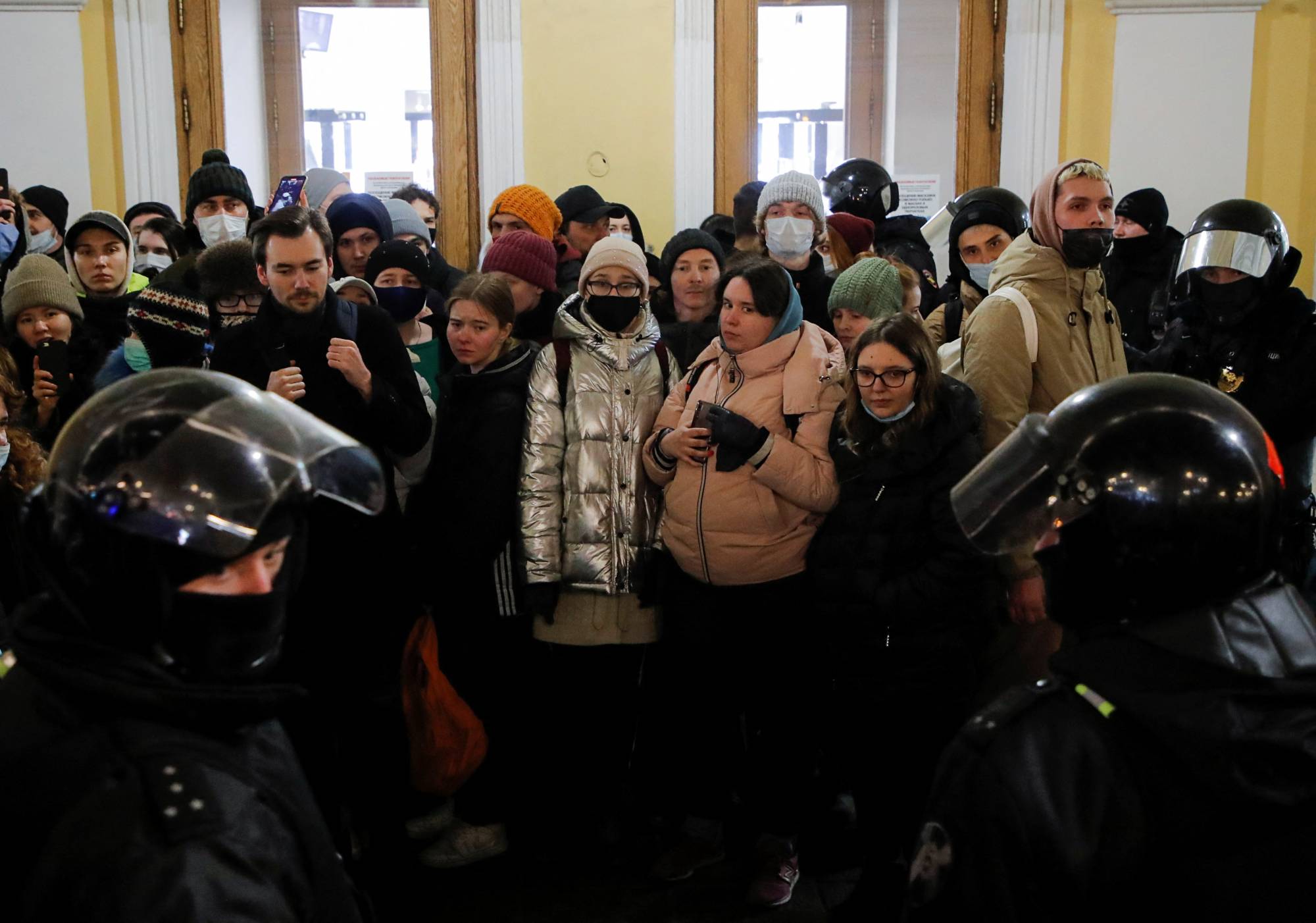Long before Vladimir Putin's invasion of Ukraine and the mass detentions of Russian peace protesters, the Kremlin was already stifling dissent — with choking bureaucracy.
Throughout 2021, the Kremlin tightened the screws on its opponents — including supporters of jailed opposition leader Alexei Navalny — using a combination of arrests, internet censorship and blacklists. The crackdown accelerated after Russia invaded Ukraine. Now a Reuters data analysis and interviews with dozens of people chart these tactics' success in eroding civil freedoms.
A widely used weapon in the Kremlin's armory is the state's register of so-called foreign agents. People whose names appear on this official list are closely monitored by the authorities. Among them is Galina Arapova, a lawyer who heads the nonprofit Mass Media Defence Centre, which advocates for freedom of expression and is based in Voronezh, western Russia.


















With your current subscription plan you can comment on stories. However, before writing your first comment, please create a display name in the Profile section of your subscriber account page.